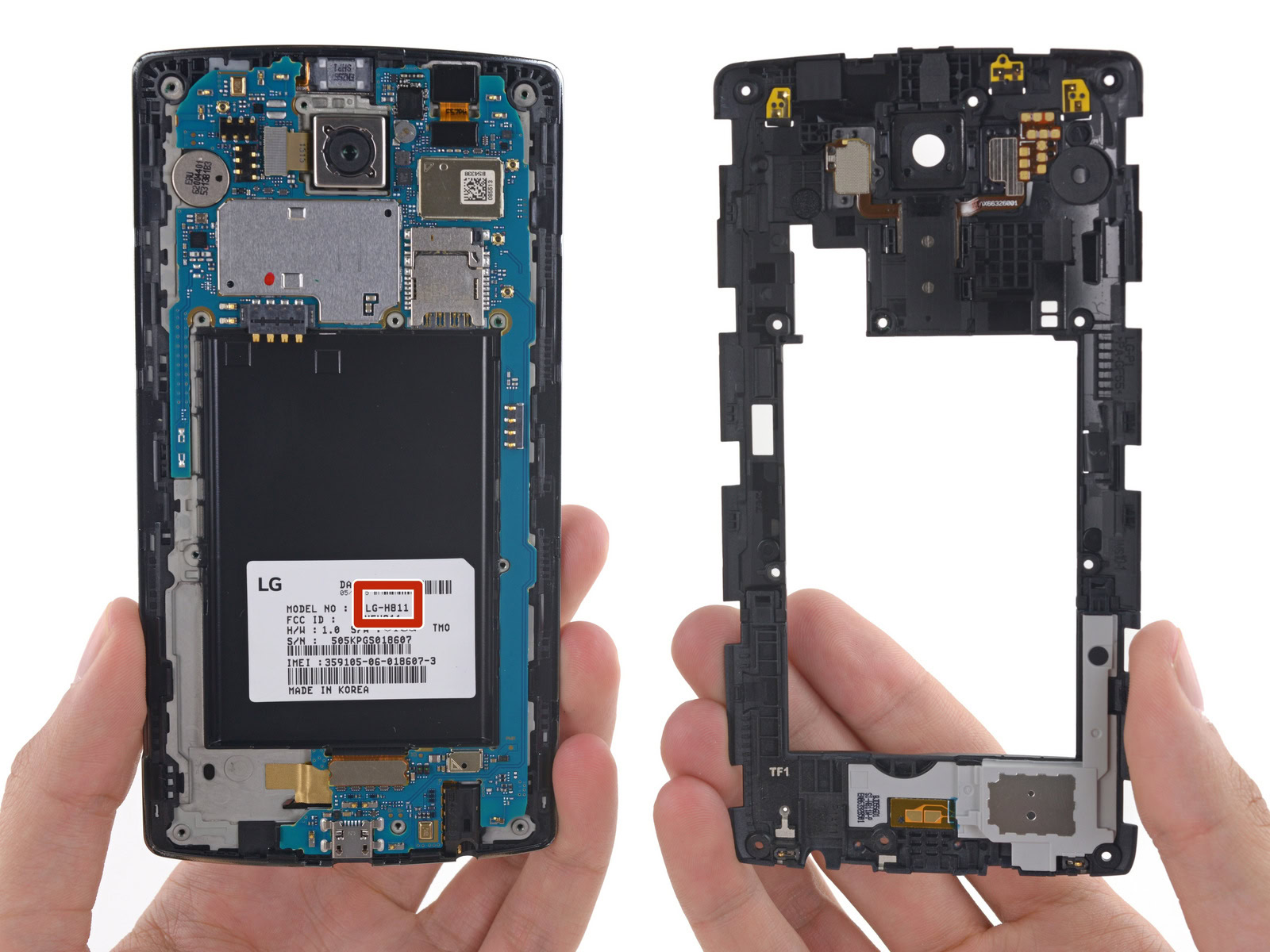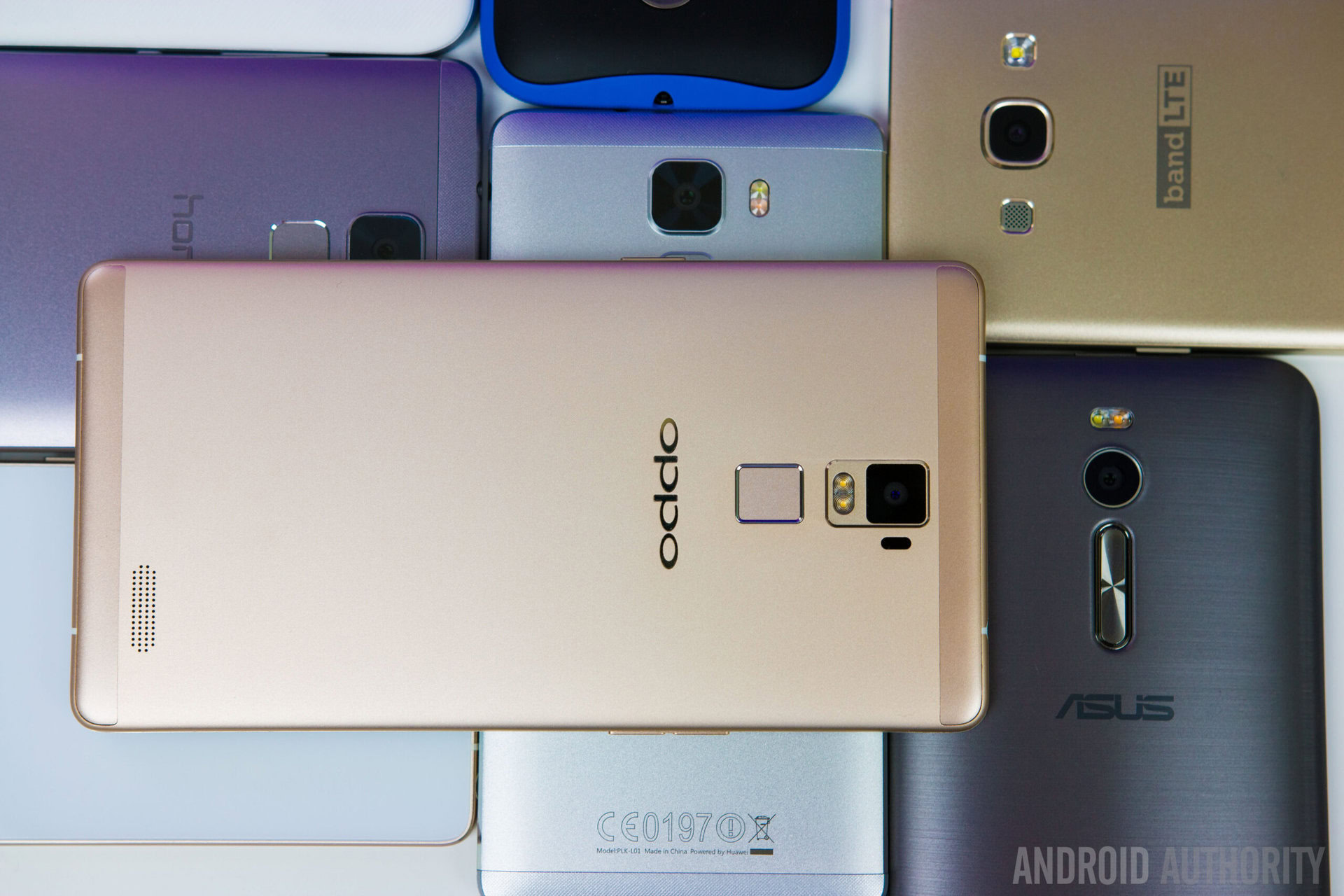Affiliate links on Android Authority may earn us a commission. Learn more.
Spent on specs: are smartphone component wars overrated?

Think of a flagship, any flagship. Now think of just why that device is labeled as such. Naturally, it represents the best of a company’s product line for the year or season. But it’s also a spectacle in terms of the specs themselves, both the checklist and the potential backlash that will occur when any given product goes against the “masses”. Funny though, as the real masses don’t seem to notice or care about the issue at all, rather it’s a very select group of individuals who truly care.
Sold on specs
One of the most amusing parts of a phone review is the “gaming” segment. Despite time marching on, writers, bloggers, and videologgers still seem to be reusing the same zombie-hunting or racing games, month after month after month. Clearly the high spec hardware is supposed to show them off beautifully, yet why aren’t there hundreds of spec-spectacle apps being made, or at least a few dozen? Ironically, many of the games that are recommended tend to be those that don’t require blazing hardware components to run.

Of course, the whole spec wars issue goes back ages. Anyone over the age of 30 will likely remember the countless arguments had on the playground spent debating whether the Super NES was better than the Genesis (or even Turbo-Grafx). Indeed people love to compare theirs and have an intrinsic, almost primal need to show off their “it” thing as being better than everyone else’s.
When push comes to shove, does having the highest specs ever really matter? The way that some rant about benchmark results is just absurd at times: a device hasn’t even been announced, let alone the leaks sufficiently lubricated, and already there are complaints about score “X” being too low, or a device being “crap” because it’s only packing “Y” SoC instead of “Z”. Never mind the user experience or the build quality or anything else. Specs are apparently all that matters.
And yet, do they really?
Sensible specs

Having the latest and greatest is not always a sure-fire win, to say the least. Qualcomm has certainly found this out the hard way in 2015 with its Snapdragon 810 SoC being almost untouchable. The company has promised major innovations with next year’s 820, but it’s likely at least a full quarter away, if not more.
Still, just what are people doing with these specs? Some are quick to point out that smartphones today have more power than the Apollo 11 did. That’s all well and good. Then again, will the average customer ever need this kind of power? Assuming they do nothing more than browse the internet, play some light games, take pictures, and make occasional phone calls, why on earth is 4GB of RAM an “absolute must”? Who cares if the SoC is an 805 or 808?

The problem, perhaps, is that the vocal minority are the ones who tend to be heard the loudest, and thus it’s easy to assume their needs reflect those of the public-at-large. It’s directly parallel to the PC problem: how many tens of millions of users will be running multiple virtual desktops and environments with dozens of browser tabs running simultaneously? How many billions of people make it a point to only play a game if the FPS is running at over 50 on a QHD display?
When the average person doesn’t even know what FHD or QHD means let alone 4K, how big a difference does it make if the resolution is “only” SHD? Perhaps they can see the difference side-by-side, but do they care? The same goes with AMOLED vs LCD, or even TFT. To an extent, a debate like Snapdragon vs Exynos vs MediaTek vs Kirin is moot when considering that the average end user won’t even know what those names mean let alone know about what process was used to fabricate them.
Why specs ARE relevant

Some might be quick to dismiss the entire issue of specs, arguing that they don’t matter if the main purpose of a purchase is just to do basic things. To an extent this is true, but pick up any Gingerbread-era device (such as the Nexus S) and spend a day with it. See if it doesn’t drive you mad with lag, rage over RAM, and curse over crashes. In truth, it’s not that the phone itself is “bad”, it’s just that the very apps themselves have drastically evolved from the early versions back in 2010. So too has the content on the internet.
These days, “mid-to-low” spec devices have more power than even the original top-tier OEM offerings, yet they stutter and lag. This is because the bare minimum requirements to run the “internet” and apps has evolved dramatically. Granted, it’s all a matter of expectations and familiarity: if someone has never used a top tier device before, then they won’t know what they’re missing. Likewise, if a spec-junkie suddenly test drives a Galaxy J1, they might be downright shocked.
At the end of the day, while top notch specs aren’t the be-all, end-all of smartphones, they do seek to define the very user experience that customers will have, and that can make a world of difference.
Wrap up

While it is safe to say that specs are important to an extent, things have perhaps gotten a bit out of hand when people are attacking any given OEM for failing to live up to “expectations” on a new product’s spec sheet. These companies are fighting a war that has little meaning for the time being (though it is relevant for the progress of technology) and it’s partially fueled by the demands and expectations of the very customers they sell to.
With this now said, we would like the pose the question to you, the reader: Just how important are specs to you, and which specs in particular are relevant? Please feel free to take the surveys below and then share your thoughts in the comments section!